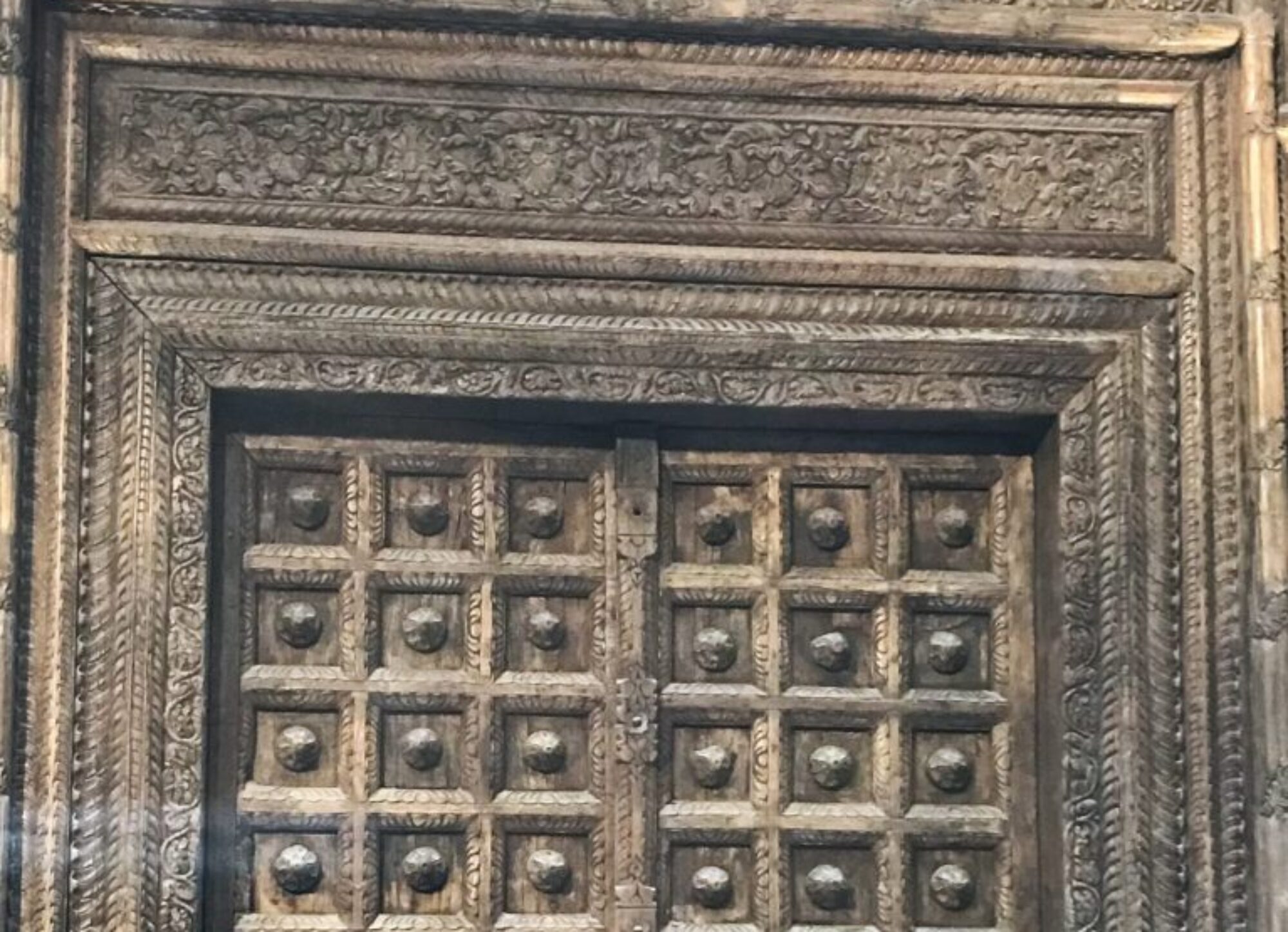Bringing up a child in a place like Imphal presented challenges that my wife and I had not anticipated when I volunteered for a posting to Manipur in 1978 — right from the non-availability of fresh milk for our three-year-old daughter to educating her against drinking unboiled and unfiltered water. We could not buy treats such as toffees for her, and she had no playmates. In those days, Imphal did not have many things, like popcorn, soft drinks and television, which children in big cities enjoyed. Our daughter, blissfully ignorant about her deprived childhood, thrived on powdered milk and happily improvised games to play with off-duty CRPF constables at our bungalow. They were happy to humour her and one particularly devout constable, Ramjatan, regaled her with stories from Hindu mythology.
My work often took me away from home for days at a stretch and whenever I returned, my daughter would impatiently ask what I had got for her. I felt guilty each time because I could never bring her goodies such as chocolates or chips. So, I started bringing unconventional gifts — the kind that privileged children seldom get. On return from different trips, I brought for her a duckling; a flowering orchid; a large piece of driftwood that resembled a dancing fairy; and even a long plank of wood. I once bought three chickens from a roadside market, and another time a Burmese silk parasol from a shanty selling smuggled goods. Every gift was greeted with squeals of joy!
On the way back from one trip, however, I was unable to get anything and, as a desperate measure, I loaded in my Jeep two large rocks from a riverbed — a large flat one and the other oval. I reached home near midnight, but my daughter was awake and wanted to know what I had got for her. I declared I had brought a throne for my princess! Then, with the help of the sentry on duty, I placed the flat rock as a seat in the middle of the lawn and the oval one as a backrest. My daughter was thrilled and went to bed only after sitting on her ‘throne’ for an hour.
Early next morning, I was awakened by a commotion in my garden. I came out and found Ramjatan and two other constables in the lawn, blowing conch shells, ringing bells and chanting prayers. “Look, sir!” exclaimed Ramjatan, pointing to the ‘throne’. “A miracle! A Swayambhu Shivling! Har Har Mahadev!” It required all my persuasive skills, and the derisive laughter of the sentry who had helped me the night before, to convince them that the ‘Shivling’ was not ‘self-created’. Now, over four decades later, I wonder what would have happened had I not busted the misbelief of the Swayambhu Shivling. Would Imphal have had a place of worship to rival its famed Govindajee Temple?
